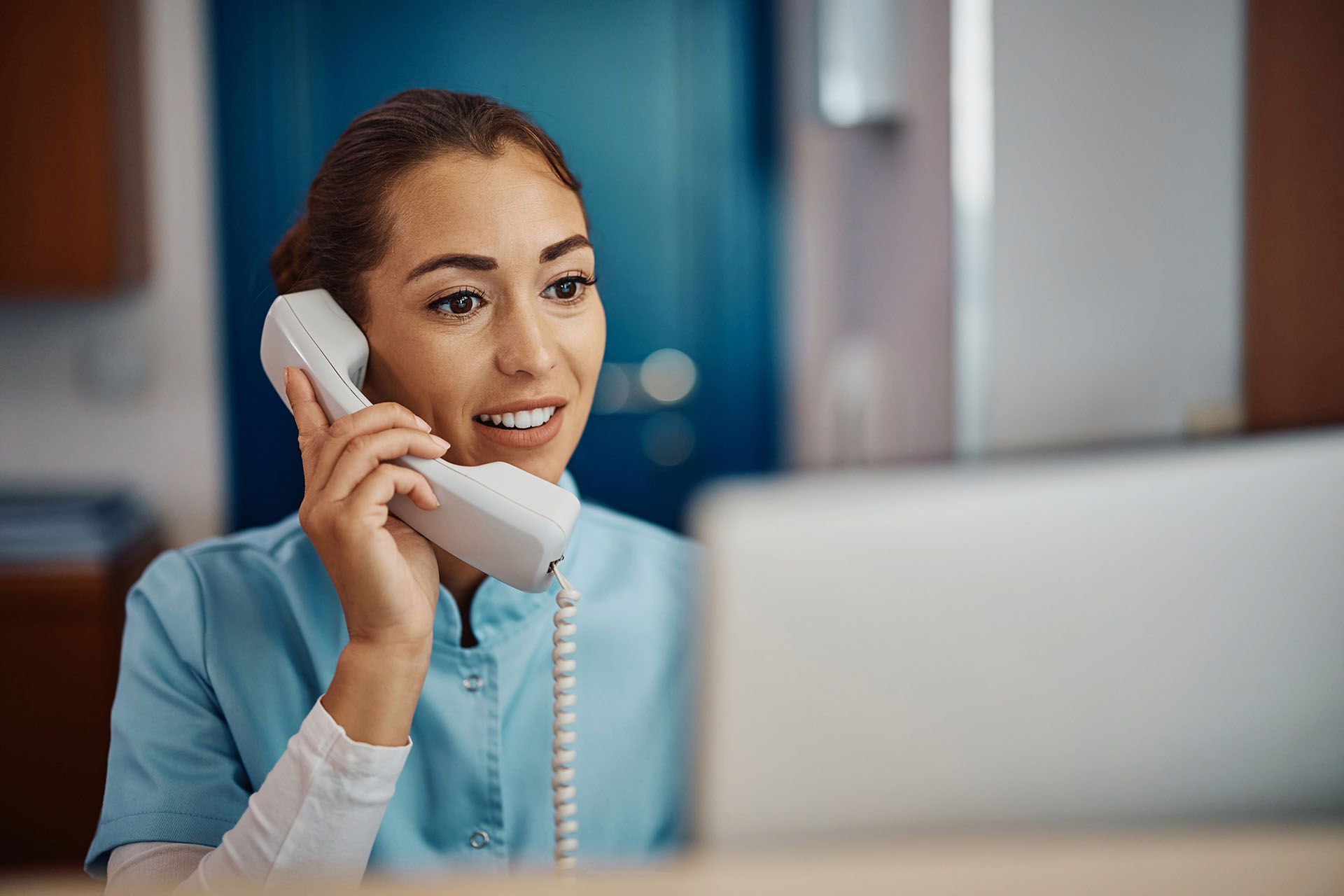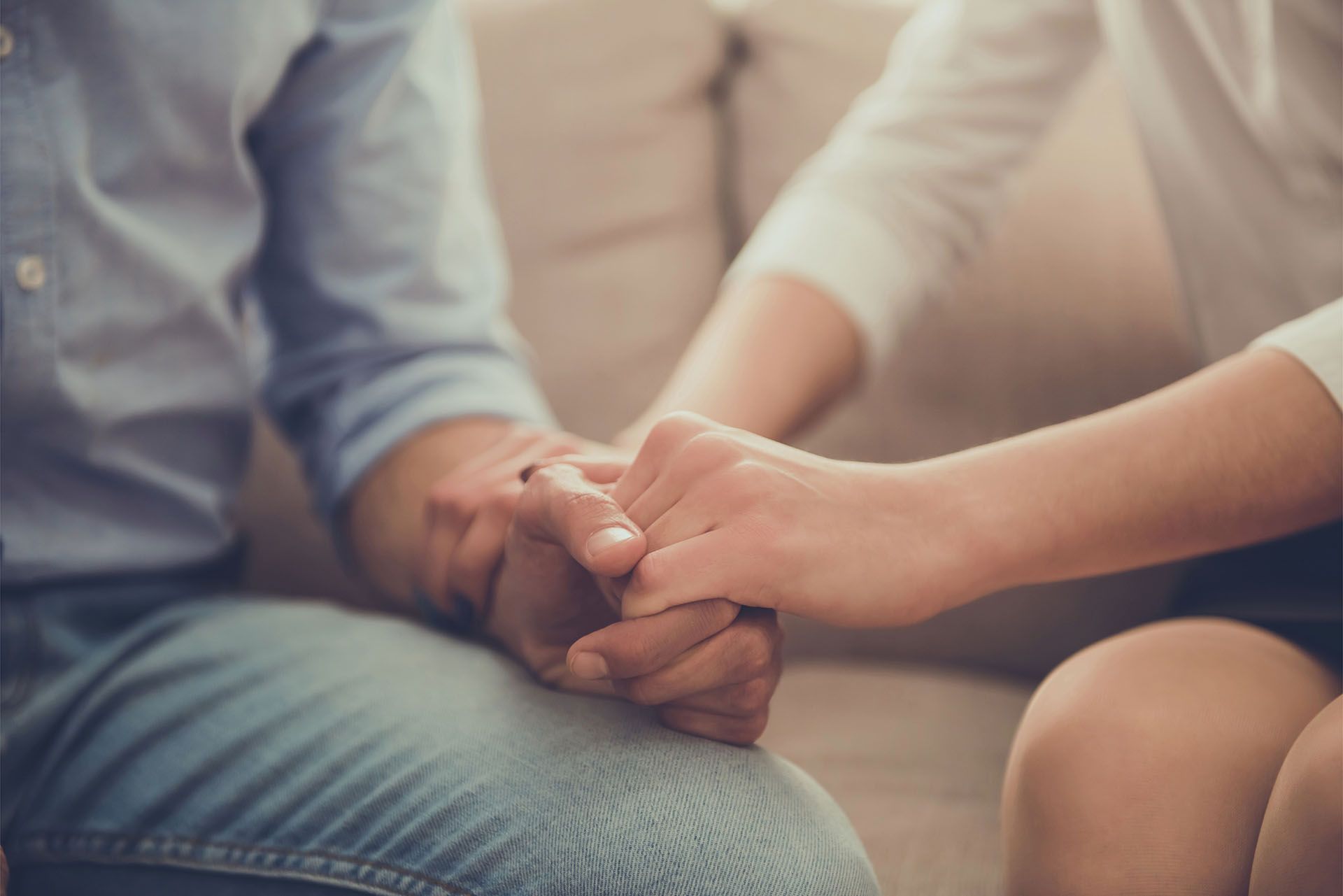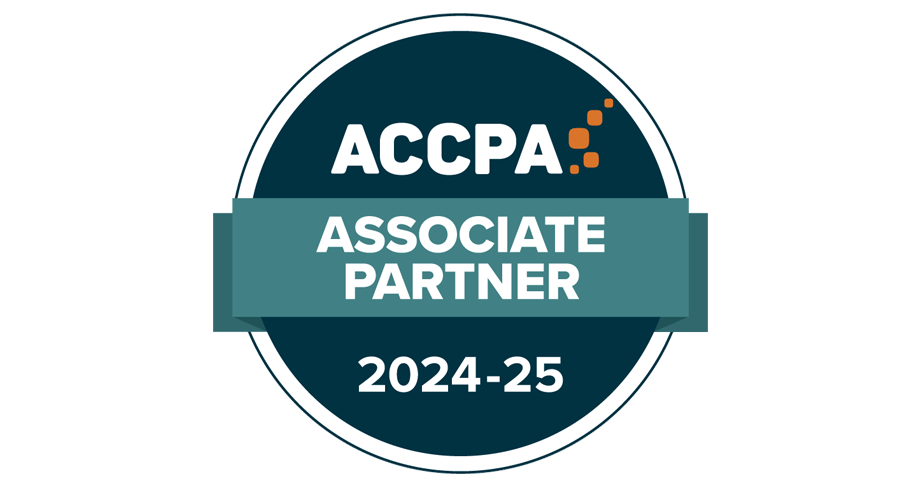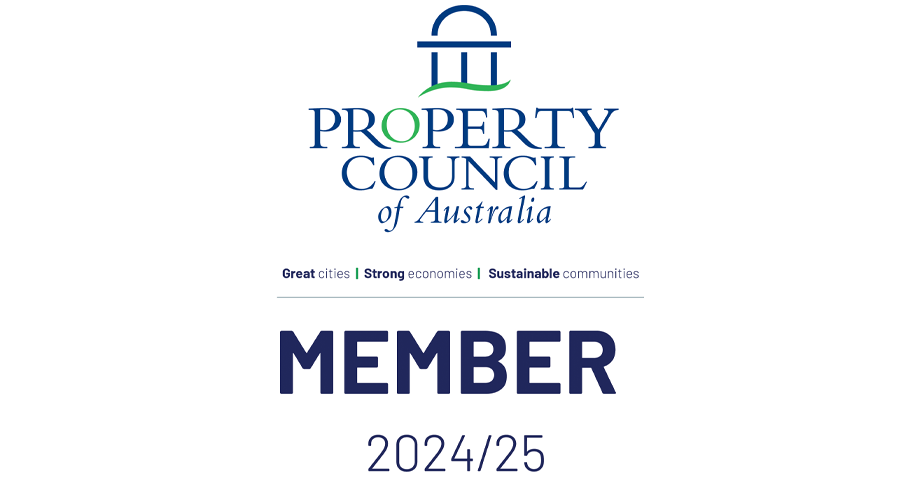INS LifeGuard
When to Press the HELP Button: Knowing the Signs of a Health Emergency

At INS LifeGuard, we say: If you’re unsure, press it anyway.
Our HELP button exists for a reason — not just for life-threatening emergencies. Whether you’re feeling dizzy, confused, short of breath, in pain, or not quite right, pressing your HELP button connects you directly to a qualified nurse who can assess your situation and take appropriate action.
This blog is for users, carers, and families who want to feel more confident about when to press the HELP button and why early intervention often makes all the difference.
When Should You Press HELP?
- You feel emotionally overwhelmed, anxious, or need someone to talk to
- You feel faint, light-headed, or dizzy
- You suddenly feel short of breath or are struggling to breathe
- You have a fall — even if you think you're okay
- You feel weak on one side of your body or have trouble speaking
- You experience sudden confusion or mental fog
- You feel unsafe or sense that something isn’t right, even if you can't explain it
- You are in physical pain and unsure of what to do
- You’re having a medication reaction or feel the effects of a missed dose
Why Early Help Matters
Pressing the HELP button early doesn’t mean you’re overreacting. It means you’re protecting yourself. Many severe conditions begin with subtle symptoms, and acting quickly can prevent a minor issue from becoming an emergency.
INS LifeGuard users are supported by qualified nurses available 24/7 to talk you through what’s happening, arrange medical help if needed, and stay with you until the situation is resolved.
Reassurance for Families
Knowing your loved one is never alone is incredibly powerful for families and carers. When someone presses the HELP button, they’re not only asking for help but activating a trusted system that offers professional support, fast response, and real peace of mind.
What If I Press HELP by Accident?
Accidental presses happen — and that’s perfectly okay.
In fact, we love hearing from you, even if it’s unintentional. It allows us to check in, ensure you’re safe, and have a quick chat if you’d like. That button is there for reassurance, connection, and care whenever needed.
What Happens When You Press the HELP Button?
When you press HELP, you’ll be connected directly to a qualified nurse at our 24/7 response centre. Here’s what typically happens:
- A nurse will speak to you through your device.
- They’ll ask a few questions to see if you are okay and, if needed, assess your symptoms or situation.
- If concerned, they’ll call for an ambulance, contact your emergency contacts, or provide first-aid advice.
- They stay on the line until help arrives or you're feeling safe and stable.
And most importantly: You are never bothering us. Many people worry they’re being a nuisance, but at INS LifeGuard, this is precisely why we’re here. Our nurses want you to call. Whether it’s something or nothing, we’re glad you reached out.
You’re never alone. Whether it’s a serious concern or a moment of uncertainty, we’re here, ready to help.
Final Thought
You never need to hesitate.
Press the button if you’re unsure, uncomfortable, or feel something is wrong. That’s what it’s there for.
To learn more about how INS LifeGuard's monitored personal alarms and nurse-led response, visit our website or call 1800 636 040 for a friendly chat.

About
INS LifeGuard is the only 24/7 nurse on-call personal and medical monitoring in Australia. We provide monitoring technology for both in the home and on the go and can also monitor other provider's equipment. Our services are suitable for anyone wanting support to stay independent such as the elderly, those with medical conditions and disabilities plus enhancing safety and security for lone workers.















